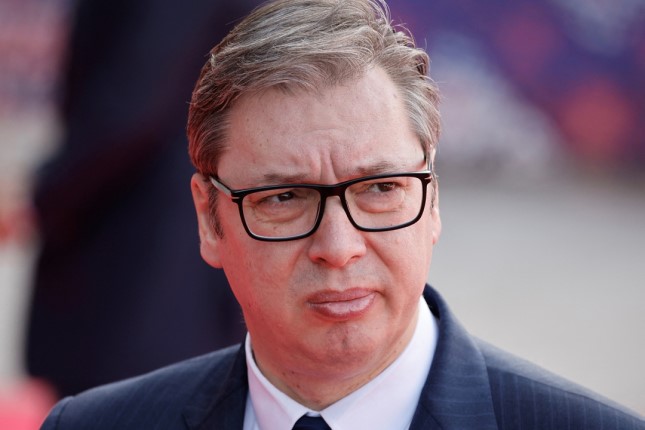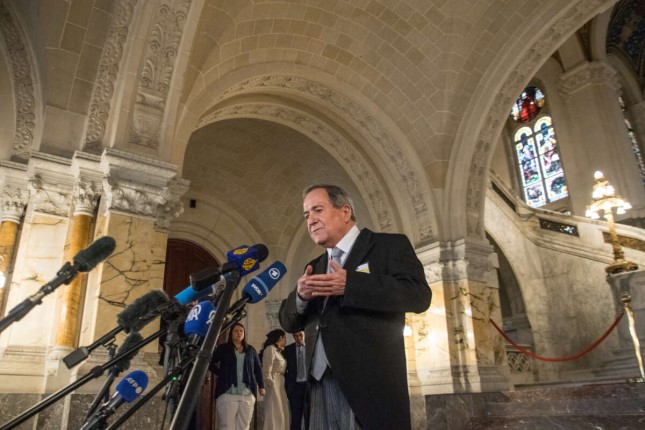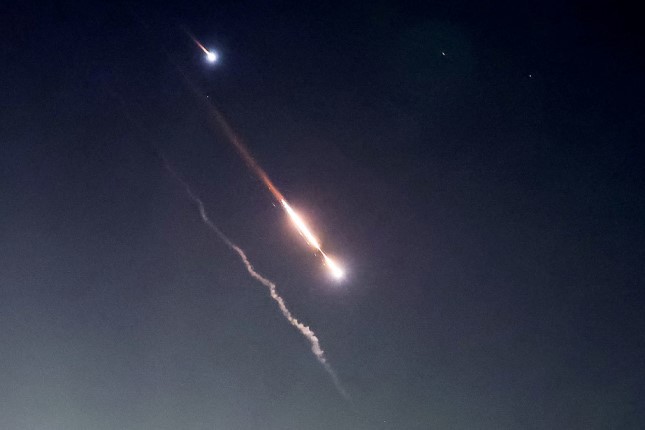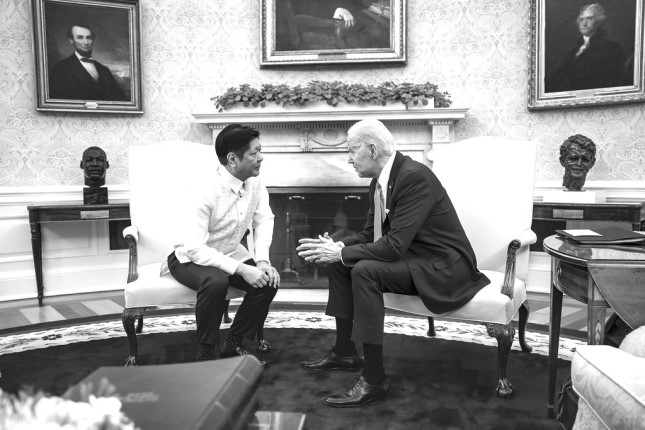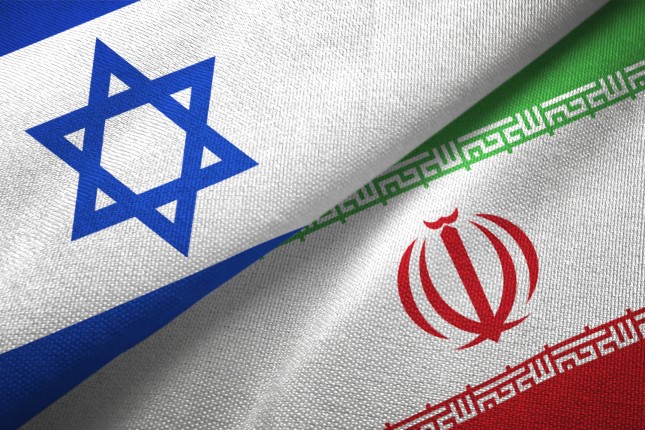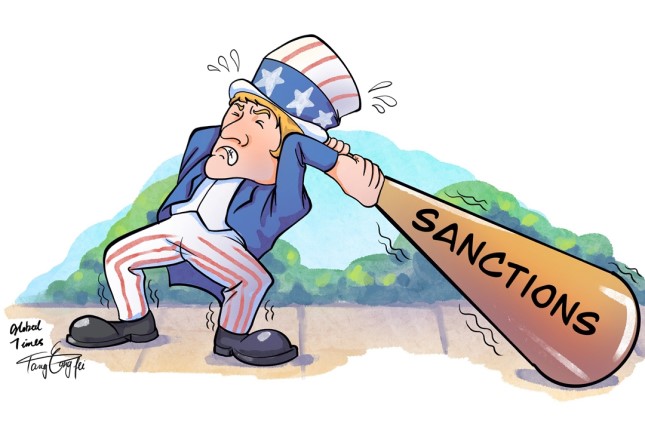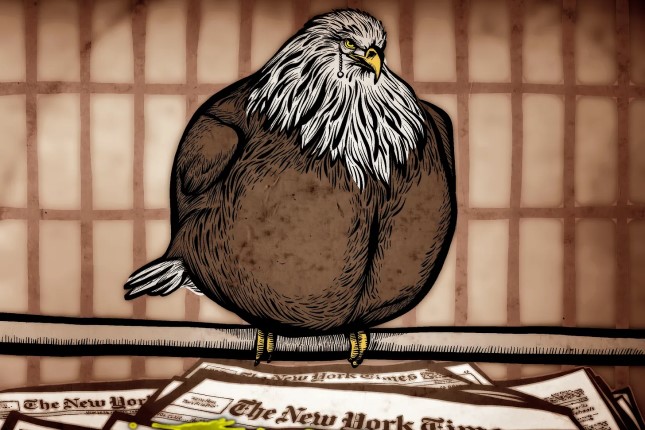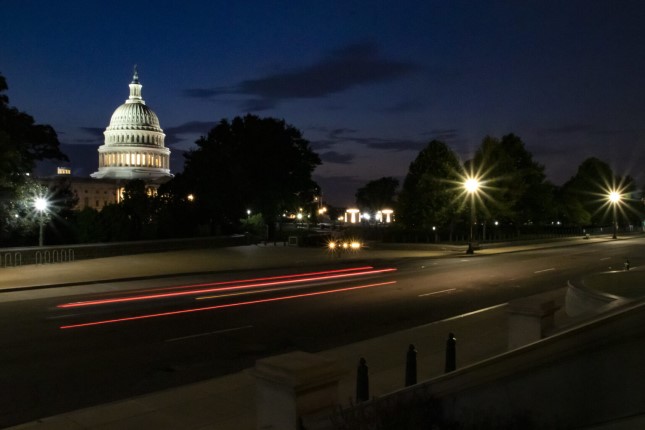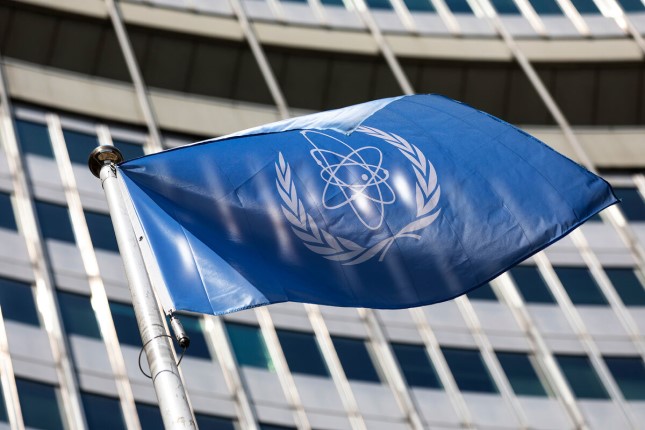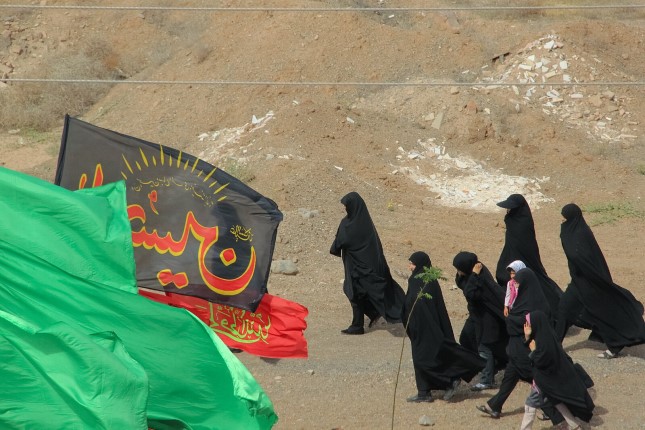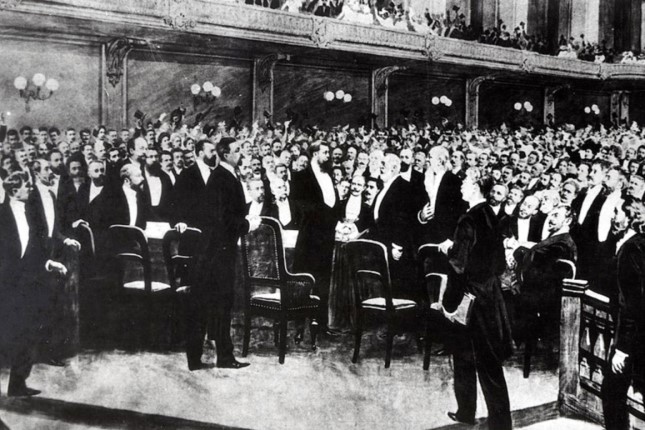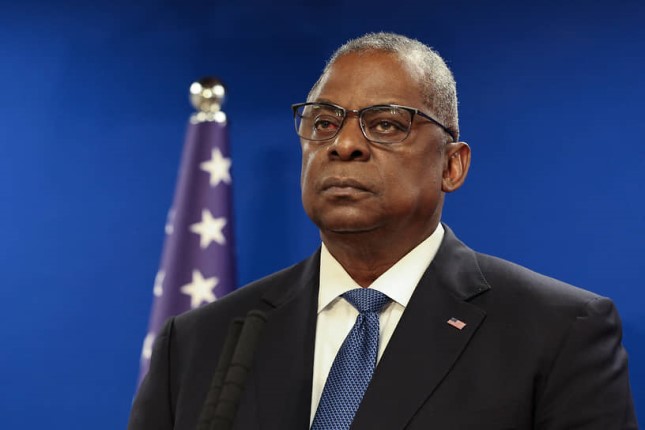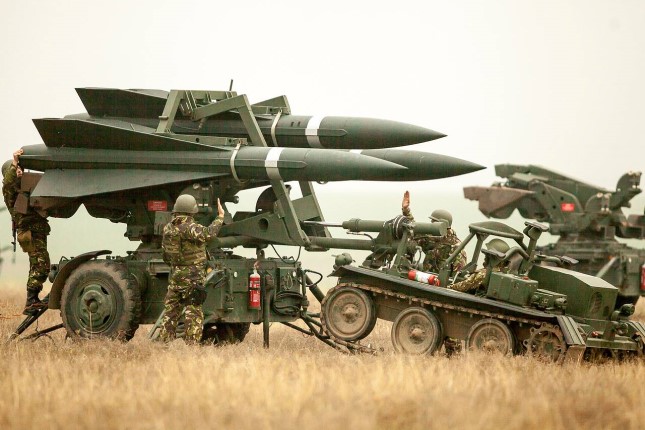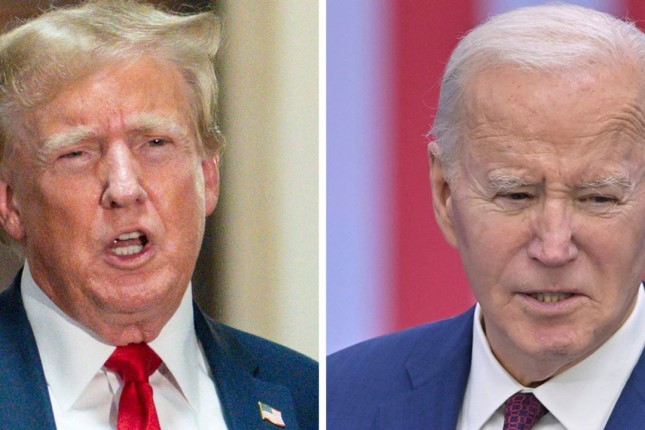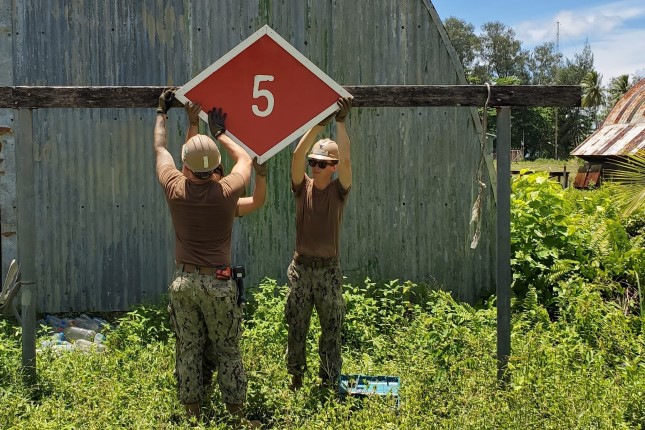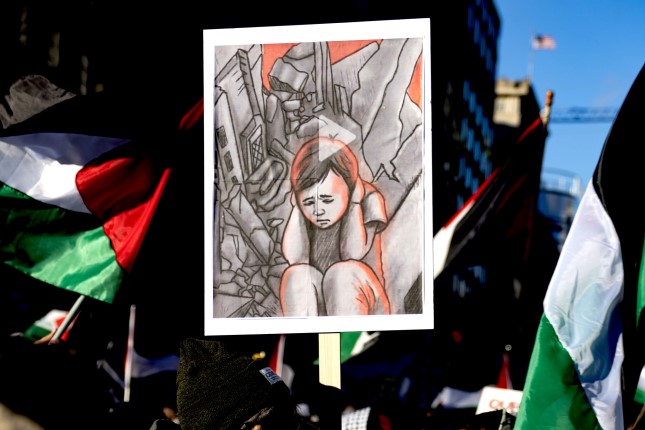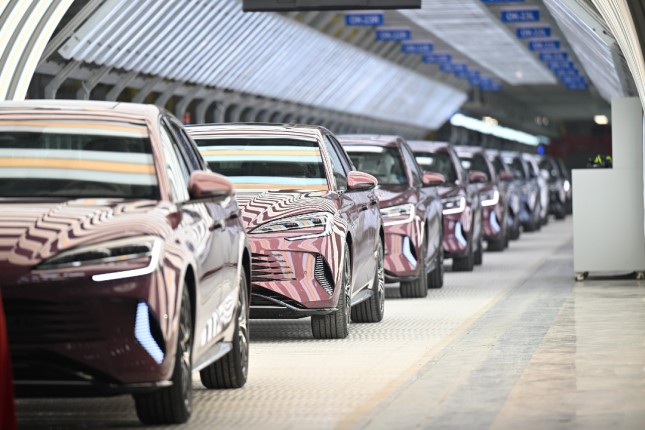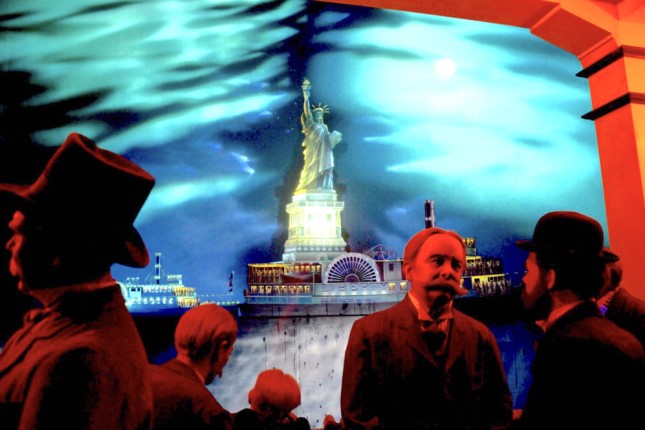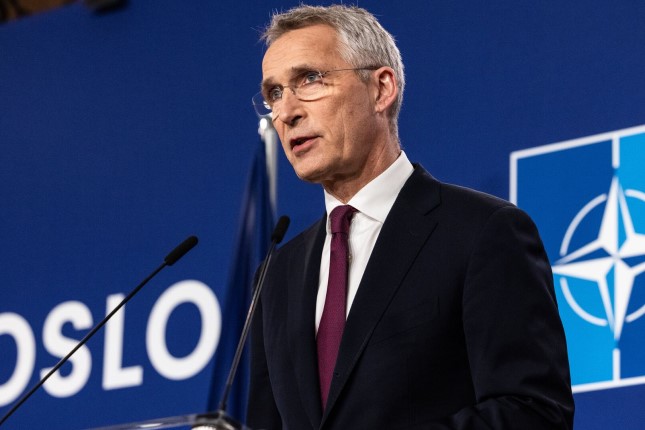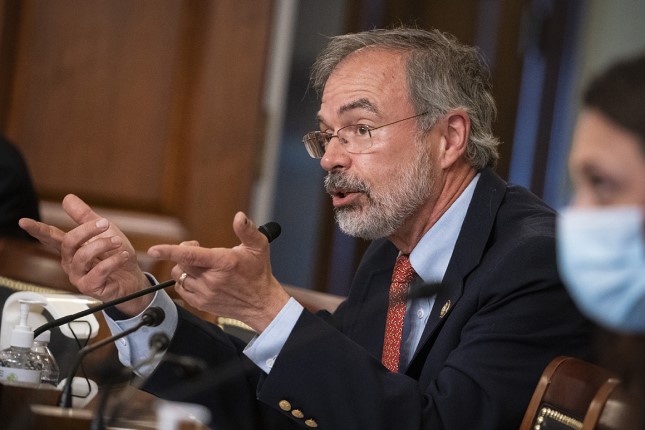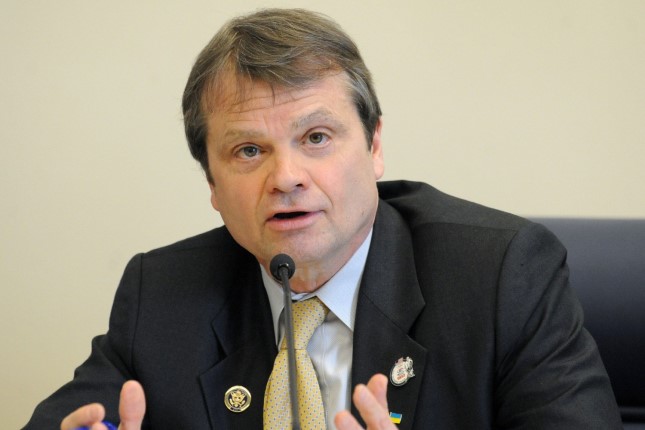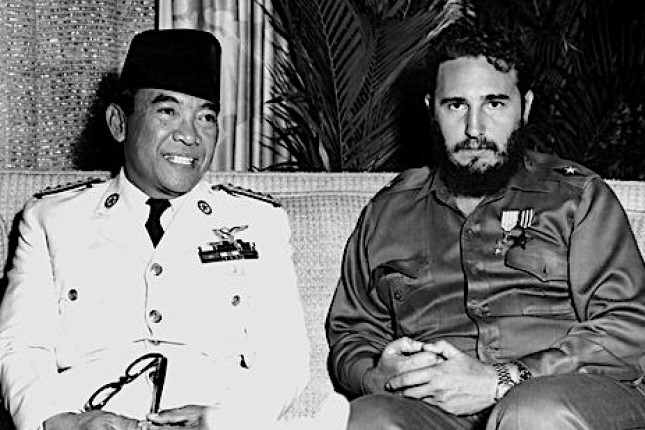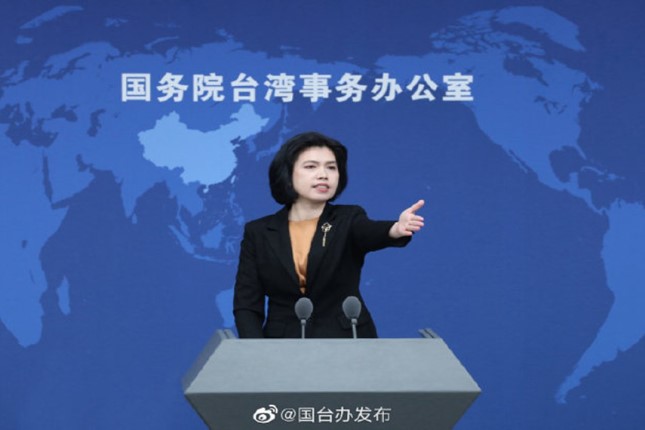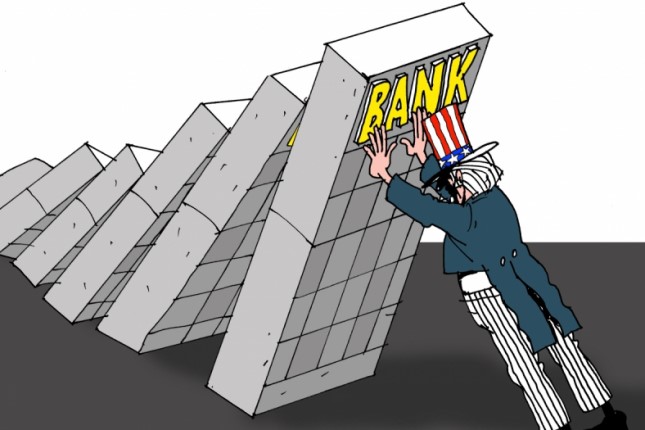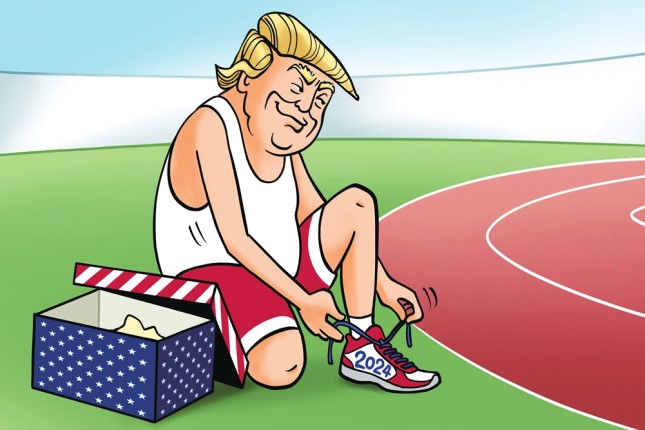While Kosovo is a time bomb planted by the US to fan the flames when needed to serve its own geopolitical purposes.
Tensions between Serbia and Kosovo are rising. Serbian President Aleksandar Vucic on Tuesday blasted the West and Kosovo's ethnic Albanian authorities for plotting together to "trigger unrest and kill the Serbs" who are manning the barricades, according to the Associated Press.
Some analysts said that although the Kosovo War has been over for 23 years, the blasting fuse has not been dismantled. And against the backdrop of the ongoing Russia-Ukraine conflict, the "invisible hand" of US-led NATO is inciting the regional conflict on purpose.
"However, NATO is no longer an 'invisible hand' on the matter of the Kosovo situation. Instead, on many occasions, NATO, especially the US, has given Kosovo strong support in public," Gao Jian, director of the Center for British Studies at Shanghai International Studies University, told the Global Times. "Relying on NATO's backing, the Pristina authorities have stepped up their provocative moves of pursuing its so-called independence in recent years, which has intensified the conflict between the Serbs and the Albanians in Kosovo."
In doing so, NATO's intent is to crack Belgrade down. As Serbia maintains close ties with both Russia and China, two of Washington's top rivals, Serbia has long been a thorn of the US. According to Song Zhongping, a Chinese military expert and TV commentator, the US-led NATO may hope to foster some pro-US forces in Serbia.
Since the outbreak of the Ukraine crisis, Belgrade has been confronted with a lot of pressure from the West, notably from the US. Vucic said in August that all the pressure that his country has been experiencing in the past six months over the issue of sanctions on Russia could serve as a script for a book or an action movie - "I could write a book about this that would be thicker than Marx's Das Kapital." Serbia sticks to its policy and defies the US' pressure to sanction Russia, resulting in strong dissatisfaction from the West and the US.
NATO cannot tolerate the influence of China and Russia in the Balkans, a sensitive geopolitical hot spot. As a result, the US intends to suppress Serbia, and Kosovo is an important card to serve this end.
If the US further incites and intensifies the Kosovo situation, it will not benefit Europe. Although observers predict that the most intense scenario will be limited to the Balkans, it will also impair the interests of the whole Europe. As Europeans have already fallen into energy and economic crisis when following Washington to support Ukraine, they are not willing to see another military clash.
The escalation of the tensions will put Europe in a terribly passive position in the future international strategic structure. The Kosovo War could serve as a lesson. This incident took a toll on the euro, triggering the currency of the EU to fall to a 10-year low. In the end, Washington achieved its goal of suppressing the EU and preventing the euro from challenging the US dollar's strategic superiority, noted Gao.
There is even a view that the Kosovo War was actually a US currency war against the euro. Europe should remain vigilant against the US using NATO to fuel the situation in Kosovo once again.
Since the end of the Cold War, the existence of NATO has been controversial. What it does proves is that this military bloc's only role right now is to create conflict. French President Emmanuel Macron described NATO as "brain dead" in 2019. Song said that today, NATO's brain is that of the US. NATO has been reduced to a military thug of Washington, helping the country fan the flames across the world in a bid to deal with the countries that are perceived to have threatened the US hegemony. NATO, a fundamentally outdated Cold War group, has become a military tool for the US to demonstrate its hegemony across the globe.
Photo: Serbian President Aleksandar Vucic © AFP.
Source: The Global Times.
